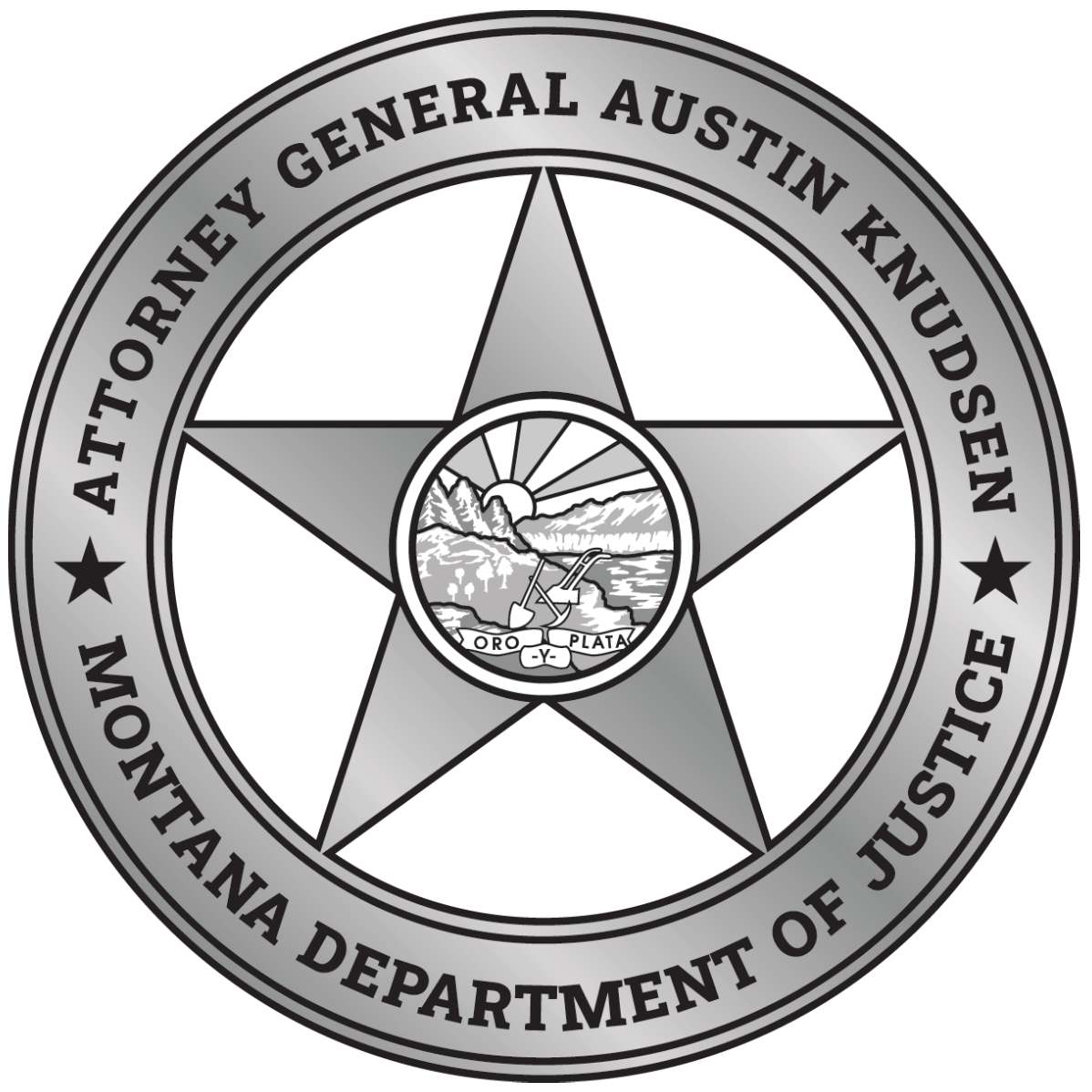What is child sexual abuse?
Montana Code 45-5-625. Sexual abuse of children defines child sexual abuse Child sexual abuse happens when an adult or another child use a child to become sexually stimulated or gratified. There is more than one type of child sexual abuse:
- Touching between the perpetrator and the child. Touching may include several body parts, kissing,licking, rubbing, or penetration of the vagina, anus, or mouth, and touching with or to the penis.
- Non-touching sexual abuse happens when a perpetrator becomes sexually stimulated or gratified by exposing his or her body to a child or by looking at a child’s body.
What should I do if a child tells me they have been sexually abused?
It is important to know what to do if a child tells you they have been sexually abused. Here are some simple guidelines:
- Stay calm, keep your voice tone normal. Try not to show anger, fear, or any other strong feelings.
- Tell the child you believe them and you are glad they told you.
- Listen carefully, but do not ask a lot of questions about what happened. It is normal for a child to only tell part of what happened at first.
- Write down exactly what the child told you as soon as you are able to without writing in front of the child.
- Tell the child you will find someone who can help.
- Report exactly what the child tells you as soon as possible by calling the Montana Child Abuse and Neglect hotline 1-866-820-5437. The call is free and the line is open 24 hours a day.
- Call your local Police Department or Sheriff’s Department to report what the child tells you.
- Some people are “mandated reporters” and are legally required to call the child abuse hotline if they suspect a child has been abused. Mandated reporters are usually people who have jobs taking care of children in some way. The Montana Code 41-3-201 Reports explains which people are required to report child abuse.
Remember that child sexual abuse is never the child’s fault. People who sexually abuse children may have told the child that no one will believe if they tell or may have told the child that they are to blame for the abuse.
Can I tell if a child is being sexually abused?
Not necessarily. There are some signs and symptoms of child sexual abuse, but some children do not show the signs or have any symptoms of being abused. One thing to look for is any sudden change in a child’s behaviors. Some children may:
- Begin to sleep less or begin to sleep more.
- Have bad dreams or nightmares or become afraid of the dark.
- Change their eating habits.
- Younger children may regress or start to act younger than they are. For example a potty trained child may suddenly forget their potty training or a child may suddenly begin to baby talk again.
- Become angry or aggressive even if they are usually calm.
- Become quiet and try to spend more time alone even if they usually like to talk a lot and be with people.
- Become frustrated quickly even if they are usually patient and calm.
- Have new fears about being away from their caregiver or about going certain places.
- Older children may begin to do worse at school or if they were a poor student they may suddenly begin to study more and want to be at school a lot.
But it is important to know that these signs and symptoms are the same for many childhood traumas or challenges – not only for sexual abuse.
How do the parents or caregivers feel when they find out their child has been sexually abused?
Every parent and caregiver is different and will probably have more than one feeling when they learn their child has been sexually abused. No matter how a parent or caregiver feels, the child may believe that he or she is responsible for the feelings. It is important to reassure the child that the feelings are not their fault. A parent or caregiver may feel:
- Disbelief – sexual abuse is not supposed to happen to children, so some adults will have a hard time believing the child at first. They may think the child is confused or mixed up about what happened. Disbelief can be a normal reaction, but it is important to know that children rarely make up stories about sexual abuse.
- Anger – some adults will feel very angry about their child being sexually abused. Anger is a normal reaction, but it is very important to explain to the child that you are not angry at them and that the sexual abuse is not their fault.
- Sadness – some adults will feel sad, hopeless and helpless when they learn their child has been sexually abused. Sadness is a normal reaction, but it is important to explain to the child that it is not their fault that you are sad.
- Guilty – some adults will feel guilty that they did not know what was happening to the child and that they failed to keep the child safe from abuse. Guilt is a normal reaction,but it is important to understand that there is no way we can know in advance who may sexually abuse a child and it is important to tell the child it is not their fault that you feel responsible.
- Numb – some adults will not feel anything when they learn their child has been sexually abused. The news may be quite a shock, and it may be difficult to know what to feel. Not having any feelings can be a normal response, but it is important to tell the child that you will be fine and that your feelings are not their fault.

